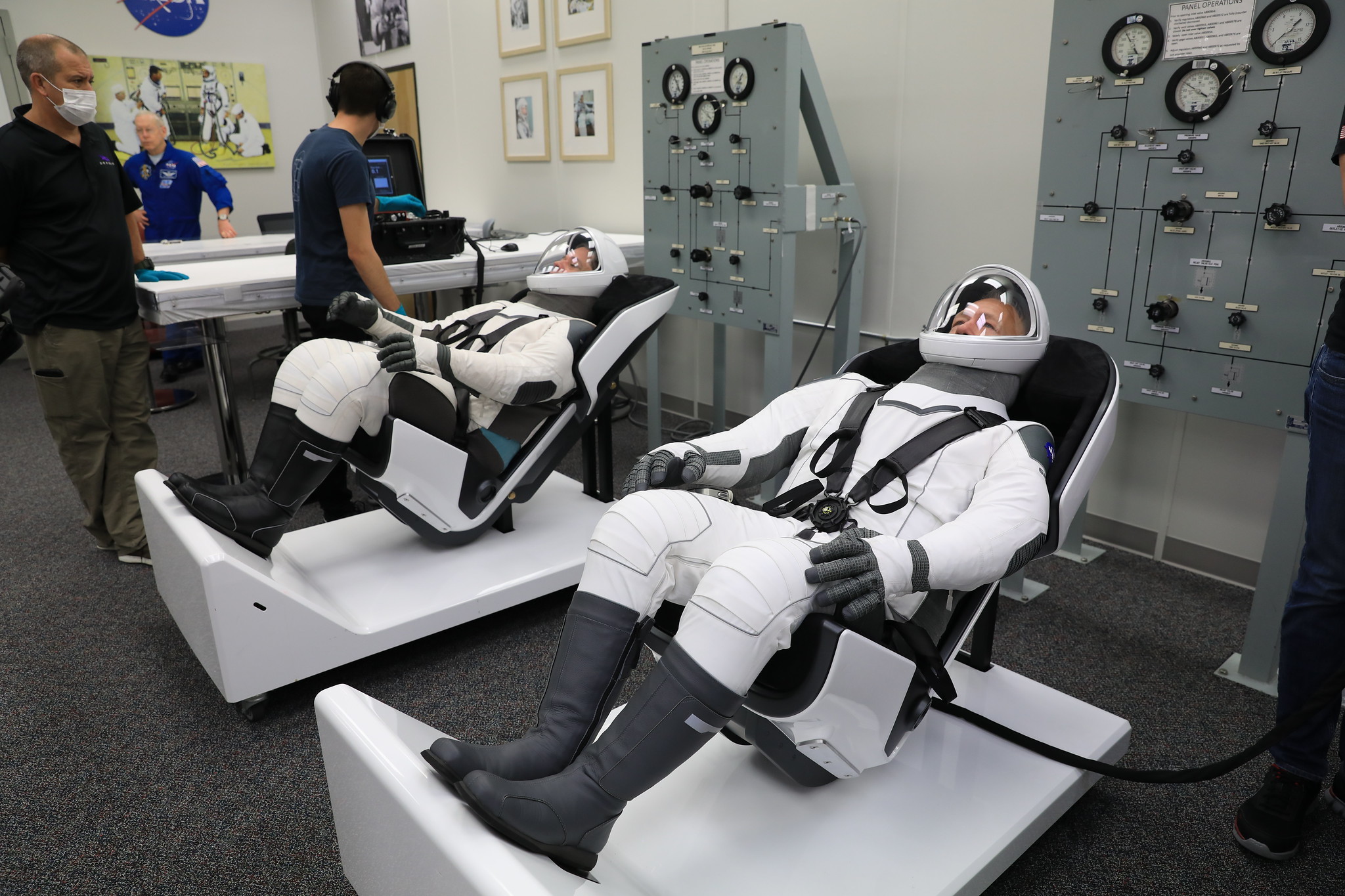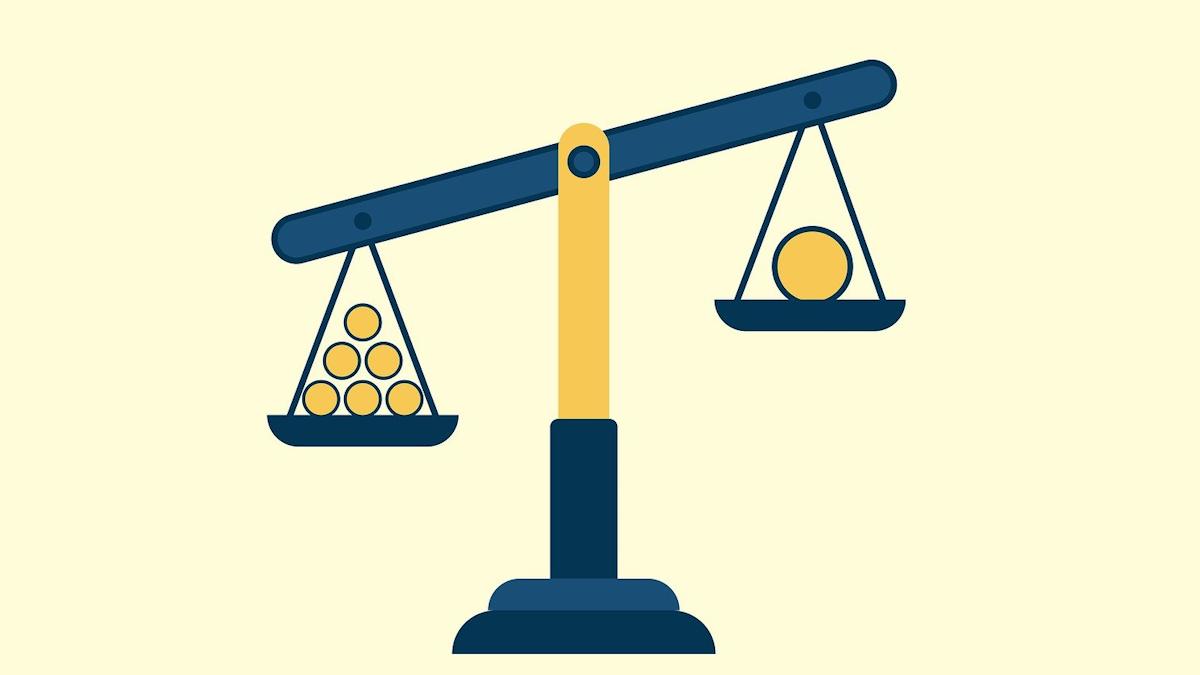Could GLP-1 drugs treat space headaches? NASA wants to know.

Experts from NASA are keeping a close eye on UK research that tests whether drugs commonly used in diabetes work against raised brain pressure – a painful problem sometimes seen in women with obesity and astronauts in microgravity.
The research led by Birmingham’s Professor Alexandra Sinclair has been awarded £1.68 million to see if drugs commonly used in diabetes work against Idiopathic Intracranial Hypertension (IIH), a rare condition that can cause disabling headaches and can lead to blindness.
The uni has patented the use of GLP-1 (glucagon-like protein) analogs in conditions featuring raised intracranial pressure, and has received Orphan Drug Designation for the treatment of IIH from the European Medicines Agency and FDA.
Companies such as Novo Nordisk, AstraZeneca, and Eli Lilly already have GLP-1 class drugs on the market to treat diabetes and obesity.
The award from the Sir Jules Thorn Charitable Trust will cover a five-year programme focusing on IIH, which is most common in women with obesity, and has as an incidence that is rising in line with the global increase in the condition.
The programme of research is also expected to reveal mechanisms behind other conditions that feature raised brain pressure, such as traumatic brain injury and hydrocephalus – and could help treat raised intracranial pressure associated with space flight.
Prof Sinclair last year published research identifying a potential cause for IIH – raised levels of androgen hormones, believed to be a driver for abnormal brain pressure.
The programme of work will include a clinical trial to test the “new approach” discovered by Prof Sinclair and patented by the university.
NASA is interested in Prof Sinclair's work as it prepares to send people to Mars and IIH is one of the many challenges to overcome in order to make the mission a success.
A delegation from NASA met with Prof Sinclair last year to learn more about her research based around exenatide, the GLP-1 used in AZ's diabetes drug Bydureon.
NASA’s chief health and medical officer Dr James Polk said: “Although our mechanism for vision change and potential elevations in intracranial pressure in astronauts may be due to the prolonged physiologic changes from weightlessness, we share some significant similarities.
“We are working to solve this issue with astronauts, but also want any research and lessons learned we find in space to help those suffering from IIH on the ground.
“Likewise, Professor Sinclair’s research in the IIH population may have far reaching implications, giving important clues on monitoring and treatment that can be used not only on the ground, but potentially in space.”
Shelly Williamson, chair of the patient charity IIH UK added: “IIH devastates lives, with agonising headaches caused by the raised brain pressure being the most reported symptom. To have a drug that works on both brain pressure and headache, that is well tolerated, would be amazing as would research into the mechanistic causes of headache in IIH.”
The Sir Jules Thorn Award for Biomedical Research aims to fund translational research that will bring benefits to patients through improved diagnosis, or by assisting in the development of new therapies for important clinical problems.
It provides a single grant of up to £1.7m to support a five-year programme of translational biomedical research selected following a competition among applicants from the UK’s leading medical schools and NHS organisations.
Feature image: NASA/Kim Shiflett












